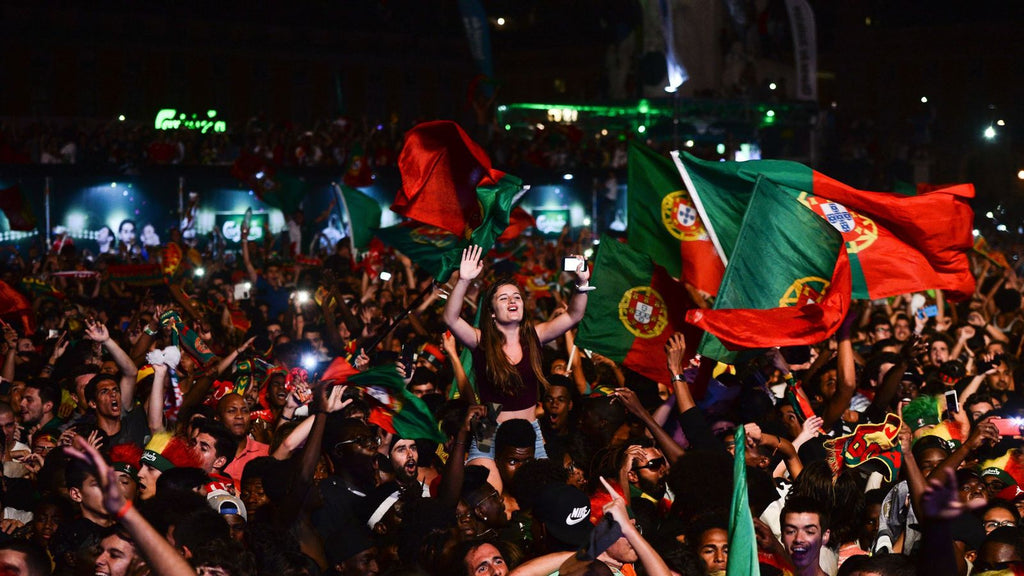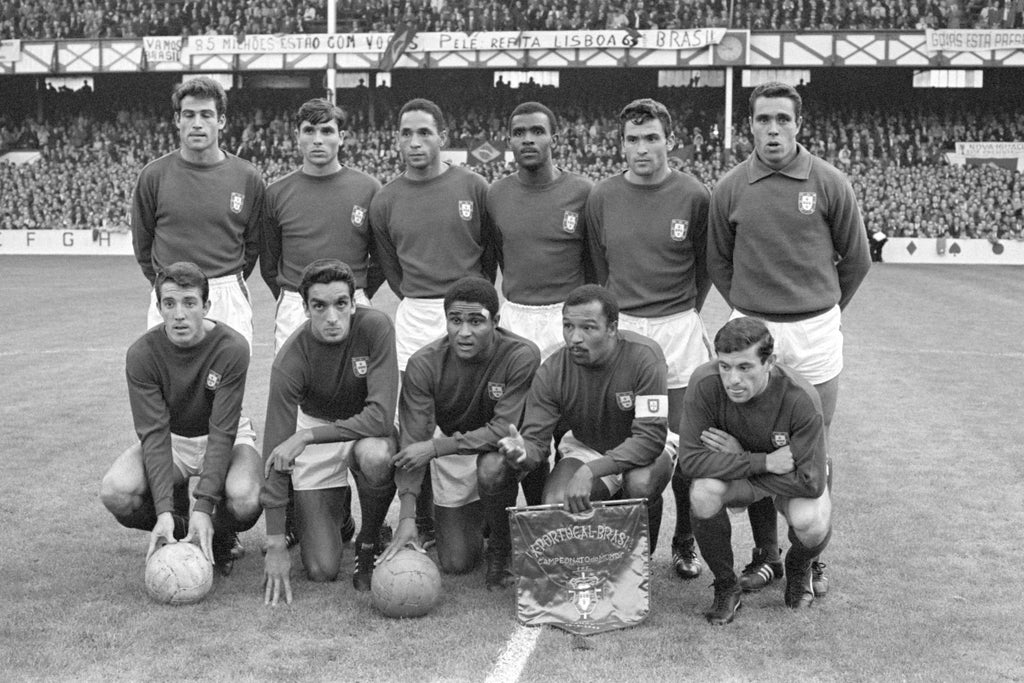Futebol Clube do Porto, commonly known as FC Porto or simply Porto, plays in the "top flight" Primeira Liga. Founded on 28 September 1893, Porto is one of the "Big Three" teams in Portugal – together with Lisbon-based Benfica FC and Sporting FC, that have appeared in every season of the Primeira Liga since its establishment in 1934. They are nicknamed dragões (Dragons), for the mythical creature atop the club's crest, and Azuis e brancos (Blue-and-whites), for the shirt colours. Those colours are in stripes with blue shorts. The club supporters are called portistas. Since 2003, Porto have played their home matches at the Estadio do Dragao, which replaced the previous 51-year-old ground, the Estadio das Antas.

Porto is the second most decorated team in Portuguese football, with 84 major trophies. Domestically, these comprise 30 top League titles (five of which won consecutively between 1994–95 and 1998–99, a Portuguese football record) and various national cup. Porto is one of two teams to have won the league title without defeats, in the 2010-11 and 2012-13 seasons. In the former, Porto achieved the largest-ever difference of points between champion and runner-up in a three-points-per-win system (21 points), on their way to a second quadruple.
In international competitions, Porto is the most decorated Portuguese team, with 7 trophies; the UEFA Champions League, the UEFA Europa League Cup, the UEFA Super Cup, and the Inter-Continental Cup twice In addition, they were runners-up in the 1983-4 European Cup Winners Cup, plus the 2003. 2004 and 2011 editions of the UEFA Super Cup. Porto is the only Portuguese club to have won the UEFA Cup/Europa League, the UEFA Super Cup, the Intercontinental Cup, and to have achieved a continental TREBLE of domestic league, domestic cup and European titles (2002–03 and 2010–11). Porto have the third-most appearances in the UEFA Champions League group stage (23), behind Barcelona and Real Madrid (24). In UEFA, Porto ranks 9th in the all time club rankings and also ranked 20th in the club coefficient rankings at the end of the 2022-3 season.
The club was founded on 28 September 1893 as Foot-Ball Club do Porto by António Nicolau de Almeida, a local PORT WINE merchant and avid sportsman, who became fascinated with the game during his trips to England. 
Porto played its first matches with other Portuguese clubs, including one against Lisbon's Foot-Ball Club Lisbonense on 2 March 1894. This match had the patronage of King Carlos 1 and Queen Amelie of Orleans, who travelled to Porto to witness the event and present a trophy to the winners. Almeida's enthusiasm and involvement with the club waned due to family pressure, and by the turn of the century, Porto had entered a period of inactivity. In 1906, José Monteiro da Costa returned to Porto after finishing his studies in England. Like Almeida, thirteen years before, he was also captivated by the English game, and together with some associates, decided to reintroduce the practice of football in the city, outside of the British circles.
On 2 August 1906, Porto was revived and Monteiro da Costa appointed its president. Although football was the driving force, the club also promoted other sports, including gymnastics, weightlifting and wrestling, athletics and swimming. Shortly after, Porto rented its first ground and recruited a French coach named Adolphe Cassaigne, who would stay in the club until 1925.
On 15 December 1907, Porto played its first match against a foreign team, hosting Spain's Real Fortuna. In the following month, Porto returned the visit and played its first match abroad.














